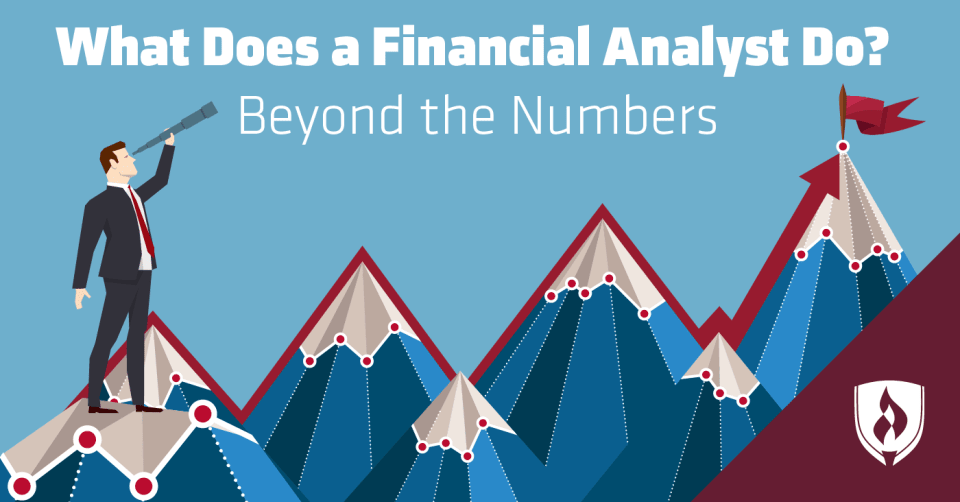Table of ContentsWhat Does What Is Principle In Finance Bond Mean?Why Does Spectre Finance Terrorism In James Bond for BeginnersThe Basic Principles Of How To Find A Specific Bond In Yahoo Finance The Ultimate Guide To What Is Position Bond Finance
Businesses aren't the only entities that can provide bonds. Governments and towns sell them as well. Let's take a look at how these sort of bonds vary. Ad Federal Government Bonds: To money programs, meet their payrolls and essentially pay their expenses, federal governments problem bonds. Bonds from stable federal governments, such as the United States, are considered exceptionally safe financial investments.
The U.S. government provides its own bonds from the treasury and from numerous federal government agencies. Those developing in less than one year are understood as T-bills. Bonds that develop in one to 10 years are T-notes, and those that take more than 10 years to grow are treasury bonds. Sometimes, you don't need to pay state or local earnings taxes on the interest they make.
Munis finance things like medical facilities, schools, power plants, streets, office complex, airports, bridges and so on. Municipalities normally provide bonds when they need more money than they gather through taxes. The good idea about municipal bonds is that you don't have to pay federal income taxes on the interest they make.
While corporate bonds are a higher danger than government bonds, they can make a lot more money. There's likewise a much bigger choice of business bonds. The drawback is that you do need to pay federal income tax on the interest they make. Especially when investing in corporate bonds, it's essential to think about how dangerous the bond is.
You can look into the provider's financial situation to see how strong its potential customers are. This involves investigating things like capital, financial obligation, liquidity and the company's company strategy. As enjoyable as it sounds to research these things, many of us don't have the time or skills to evaluate a corporation's monetary scenario precisely.
Their specialists research a business's circumstance and figure out a bond score for the company. Every score service has its own formula for determining risk and its own kind of rating scale. Typically, ranking scales are spelled out in letter grades, where an AAA rating designates a safe, low-risk bond, and a D score designates a high-risk bond.
federal government bonds, are typically low-yield bonds. You can depend upon getting a payout but that payout will be small. what does a bond can be called finance. On the other side of the spectrum, you have what's not-so-affectionately called, which are low-rated, high-risk bonds. In order to entice investors into purchasing these risky scrap bonds, the issuing business promise high yields.
Facts About What Is A Bond Pread Finance Uncovered
But if you do, you could earn money in spades. Still not sure about a few of the terms related to bond investment? Have a look at the glossary on the next page.
Bonds are loans made to big organizations. These consist of corporations, cities, and national governments. A private bond is a piece of an enormous loan. That's since the size of these entities requires them to borrow money from more than one source. Bonds are a type of fixed-income investment. The other types of financial investments are cash, stocks, commodities, and derivatives.
They vary according to who releases them, length till maturity, rate of interest, and risk. The safest are short-term U.S. which of these describes a bond personal finance. Treasury bills, however they likewise pay the least interest. Longer-term treasurys, like the standard 10-year note, use slightly less risk and marginally greater yields. TIPS are Treasury bonds that safeguard versus inflation.
They return a little more than Treasuries however are a bit riskier. Corporate bonds are provided by companies. They have more threat than government bonds because corporations can't raise taxes to spend for the bonds. The risk and return depend upon how credit-worthy the company is. The highest paying and greatest threat ones are called scrap bonds.


Up until then, the customer makes agreed-upon interest payments to the shareholder. Individuals who own bonds are also called financial institutions or debtholders. In the old days, when people kept paper bonds, they would redeem the interest payments by clipping discount coupons. Today, this is all done digitally. Of course, the debtor repays the principal, called the face value, when the bond grows.
They can only do this because there is a secondary market for bonds. Bonds are either openly traded on exchanges or sold privately between a broker and the creditor. Because they can be resold, the worth of a bond fluctuates till it develops. Imagine The Coca-Cola Business wished to borrow $10 billion from investors to acquire a big tea company in Asia.
It issues each bond at a par worth of $1,000 and guarantees to pay pro-rata interest semi-annually. Through an investment bank, it approaches financiers who purchase the bonds. In this case, Coke requires to sell 10 million bonds at $1,000 each to raise its preferred $10 billion prior to paying the costs it would sustain. Each $1,000 bond is going to get $25.00 annually in interest.
Not known Details About What Is The Coupon Bond Formula In Finance
If all goes well, at the end of 10 years, the initial $1,000 will be returned on the maturity date and the bond will disappear. Bonds settle in 2 ways. Initially, you get earnings through the interest payments. Obviously, if you hold the bond to maturity, you will get all your principal back.
You can't lose your financial investment unless the entity defaults. Second, you can profit if you resell the bond at a higher rate than you purchased it. In some cases bond traders will bid up the rate of the bond beyond its face worth. That would happen if the net present value of its interest payments and principal were higher than alternative bond financial investments.
Numerous specific investors prefer to let a knowledgeable fund supervisor choose the very best choice of bonds. A mutual fund can also reduce threat through diversity. By doing this, if one entity defaults on its bonds, then only a small part of the financial investment is lost. Some bonds, called zero-coupon bonds, do not distribute interest earnings in the form of checks or direct deposit but, rather, are issued at a specifically determined discount.
Over the long run, bonds pay a lower return on your financial investment than stocks. In that case, you might not earn enough to outmatch inflation. Investing just in bonds may not enable you to conserve enough for retirement. Business can default on bonds. That's why you require to inspect the shareholder's S&P scores.
They could quickly default. They should use a much greater rates of interest to draw in purchasers. Although usually thought about "safe," bonds do have some threat. Credit threat describes the possibility of not receiving your promised principal or interest at the contractually ensured time due to the company's failure or objection to distribute it to you.
The outright greatest investment-grade bond is a Triple-A rated bond. There is constantly an opportunity that the government will enact policies, deliberately or unintentionally, that cause extensive inflation. Unless you own a variable rate bond or the bond itself has some sort of built-in defense, a high rate of inflation can damage your purchasing power.
When you invest in a bond, you understand that it's probably going to be sending you interest income regularly. There is a danger in this, though, because you can not anticipate ahead of time the accurate rate at which you will have the ability to reinvest the money. If rates of interest have actually dropped considerably, you'll have to put your fresh interest earnings to operate in bonds yielding lower returns than you had been taking pleasure in.
Things about What Does Everything In The Price Of A Bond Formula Stand For In Finance
This means that when you get them, you may have a difficult time selling bonds at top dollar. This is among the factors it is generally best to limit the purchase of private bonds for your portfolio to bonds you mean to hold till maturity. For many individuals, valuing bonds can be complicated.
Simply put, the more need there is for bonds, the lower the yield. That appears counter-intuitive. The factor depends on the secondary market. As individuals demand bonds, they pay a greater cost for them. But the interest payment to the bondholder is repaired; it was set when the bond was first sold.
Put another way, the price they spent for the bond yields a lower return. Financiers typically demand bonds when the stock exchange ends up being riskier. They are prepared to pay more to prevent the greater danger of a plunging stock exchange. Since bonds return a fixed interest payment, they look attractive when the economy and stock market decrease.